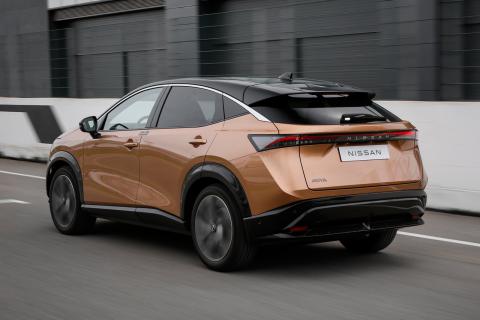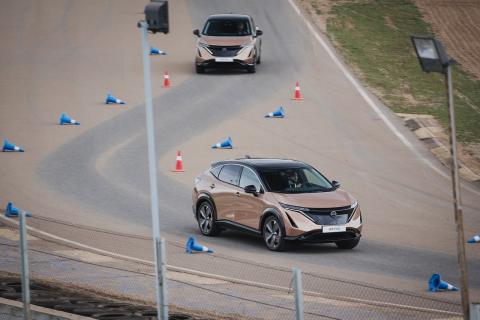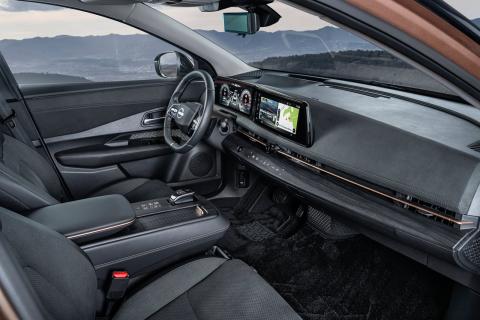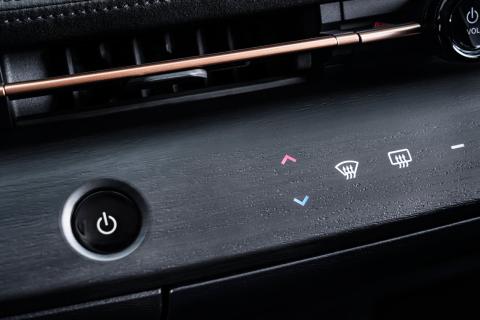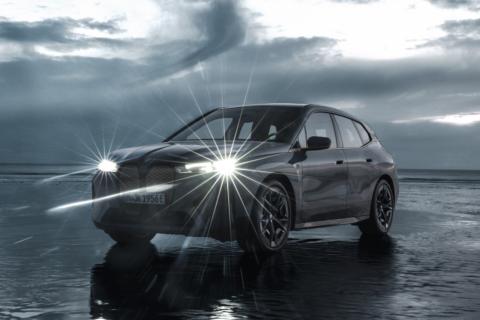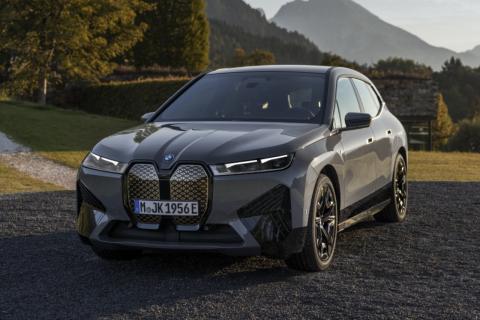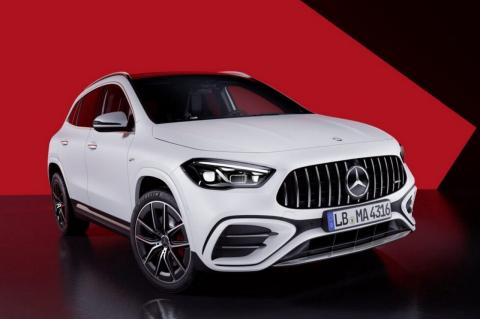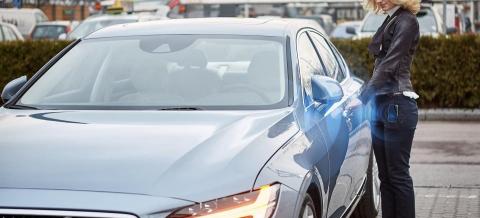





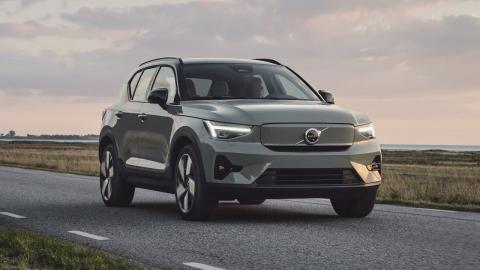


It is a matter of logic that, within the electric cars, they are the most voluminous and largest, that is, the SUVs, the ones that achieve the worst efficiency figures. These are the 10 electric SUVs that consume the most, the ones that will force you to recharge more often… something that hurts more every day with the price of electricity.
The data corresponds to EV-Database.org, which offers the result in watt-hours per kilometer (Wh/km).
1. Audi e-tron S: 270Wh/km
The sportiest version of the Audi e-tron is the one that tops the list. It has three engines, one associated with the front axle and two with the rear, which jointly develop 503 hp and 973 Nm of maximum torque. It accelerates from 0 to 100 km/h in 4.5 seconds, has a top speed of 210 km/h and certifies a range of 361 kilometres.
2. Audi e-tron S Sportback: 262Wh/km
It is followed by the Sportback bodywork which, of course, thanks to its more stylized bodywork, offers less resistance to the air, so it is more efficient. Mounting the same battery as its brother (95 kWh) it achieves a slightly higher range: 368 kilometers.
3. Audi e-tron 55 quattro: 237Wh/km
Within the standard range of the e-tron, it is the top version of the offer, with all-wheel drive, a power of 402 CV and capable of sprinting from 0 to 100 km/h in 5.7 seconds. In addition, it has an 86.5 kWh battery and homologates a range of 365 kilometers.
4. Jaguar I-Pace: 232Wh/km
The Jaguar I-Pace only has one engine (integral traction and 400 CV of power, accelerating from 0 to 100 km/h in 4.8 seconds), but its different finishes, with the equipment that they entail, affect both its energy consumption as well as their autonomy. The HSE is the least efficient and certifies a range of 447 hp.
5. Audi e-tron 50 quattro: 231Wh/km
The access variant of the Audi maintains the all-wheel drive, but in the rest of the sections it presents more modest figures: 313 CV, 540 Nm of maximum torque, a 64.7 kWh battery and an approved autonomy of 280 kilometers.
6. Nissan Ariya e-4ORCE 87kWh Performance: 226Wh/km
The Nissan is one of the electric ones with a wider range and, within all its available combinations, the most “gastona” is the one with all-wheel drive, 395 hp and 600 Nm, which accelerates from 0 to 100 km/h in 5 .1 seconds, has a top speed of 200 km/h, mounts an 87 kWh battery and advances a range of about 385 kilometers.
7. Audi e-tron Sportback 55 quattro: 229Wh/km
Calaca in everything to the standard body of the model, but, again, the body with better aerodynamics helps to increase the efficiency of the set. Its autonomy is 380 kilometers.
8. Volvo XC40 Recharge Twin: 221Wh/km
The top-of-the-range version of the Volvo XC40 has two engines, four-wheel drive, develops a power of 408 CV and a maximum torque of 660 Nm, accelerates from 0 to 100 km/h in 4.9 seconds, mounts a 78 kWh battery of capacity and approves a range of 433 km/h.
9. Audi e-tron Sportback 50 quattro: 219Wh/km
The combination of “small” bodywork and mechanics (313 hp, 540 Nm of torque, 64.7 kWh battery) makes it the most efficient e-tron in the entire range. Thanks to this, its theoretical range is 15 kilometers higher than that of its brother, 295 kilometers.
10. BMW iX M60: 217Wh/km
The list is closed by the most radical variant of the BMW iX, which has four-wheel drive, 619 hp and 1,015 Nm of maximum torque, acceleration from 0 to 100 km/h in 3.8 seconds, a top speed of 250 km/h, 111.5 kWh battery and a range of 566 kilometers.



















